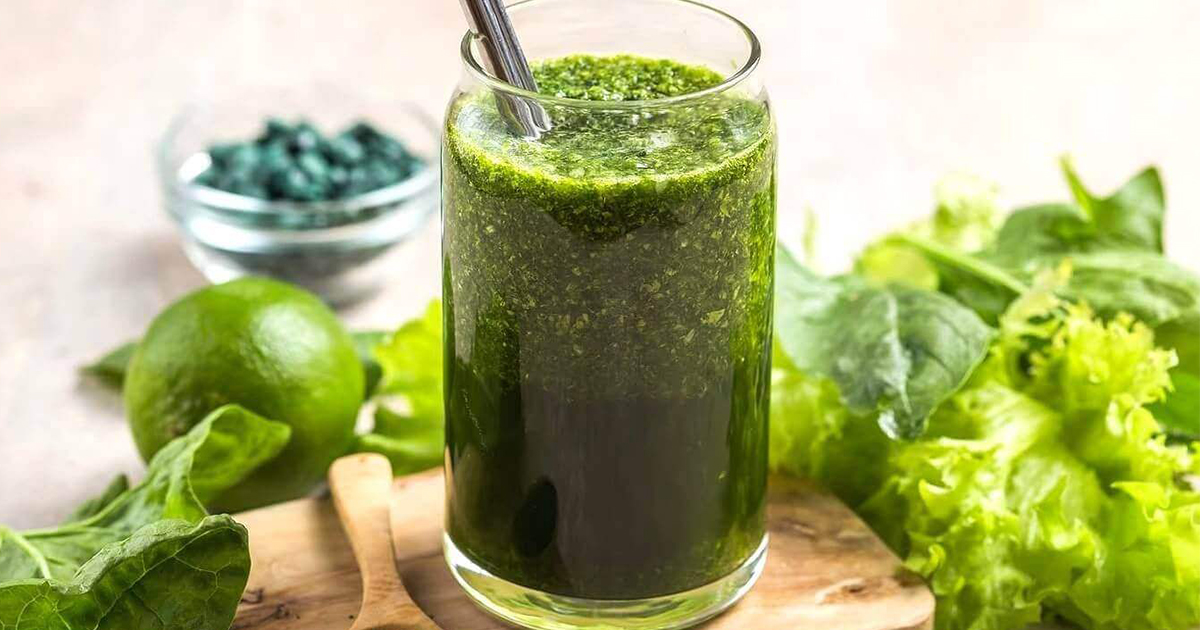Demystifying Kidney Detox: Supporting Liver and Kidney Function for Better Detoxification

The concept of kidney detox, also known as a kidney cleanse, has gained popularity in recent years as a way to improve kidney health and remove toxins from the body. However, there is a need to separate fact from fiction when it comes to the effectiveness and safety of kidney detox plans.
What is Kidney Detox?
Kidney detox or cleanse typically involves following a specific process or using products that are claimed to eliminate toxins from the kidneys. The kidneys play a crucial role in filtering waste products and excess water from the blood, so maintaining their health is essential. However, the truth is that the kidneys do not require any special cleaning. They are designed to function optimally when we maintain a healthy lifestyle, including drinking enough water and consuming a balanced diet.
Should You Do a Kidney Cleanse?
Many kidney detox plans promote the use of various ingredients or products that claim to have detoxifying properties. However, it’s important to approach these claims with caution. The scientific evidence behind these ingredient’s ability to cleanse the kidneys is often lacking.
Supporting Detoxification through Liver and Kidney Function
Rather than relying on specific “detox ingredients,” a more effective approach to supporting detoxification is by enhancing the function of liver and kidneys. These two organs play a vital role in filtering toxins and waste products from the body.
DTS, a natural health product that focuses on promoting liver and kidney health, offers an alternative to traditional kidney detox plans. DTS utilizes Japanese Kampo ingredients, including Panax Pseudo Ginseng and Eucommia (Leaf, Wood, Berry), which have a long history of use for health maintenance, especially known for their beneficial effects on kidney, liver, and blood health.
Scientific research supports the use of DTS un promoting liver and kidney health. It has been shown to provide beneficial support for liver enzyme levels (ALT & AST) and kidney function (eGFR level). As such, DTS can also aids in improving the organs’ natural detoxification ability, which in turn enhancing blood quality, and overall wellness. Improved detoxification can be reflected in various aspects such as energy levels, sleep quality, skin, hair, and nails.
- * All research and clinical data should be used as reference purposes only, results may vary.




